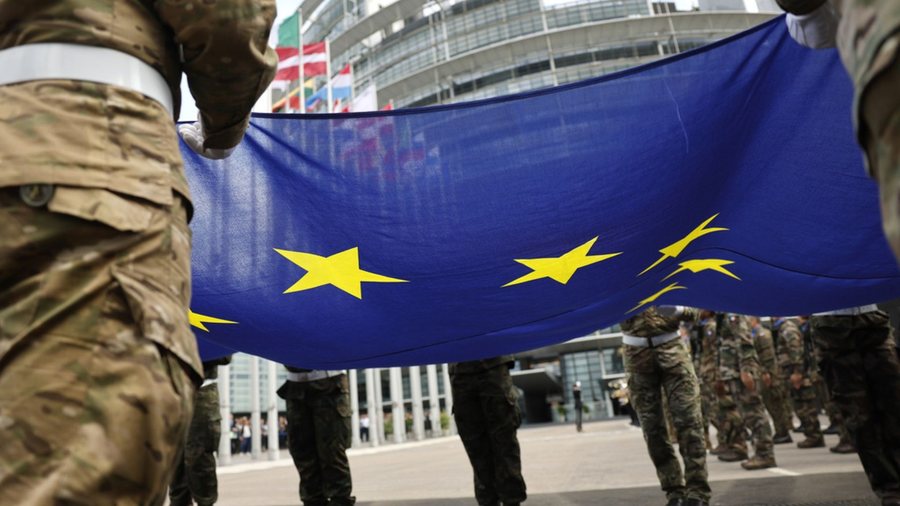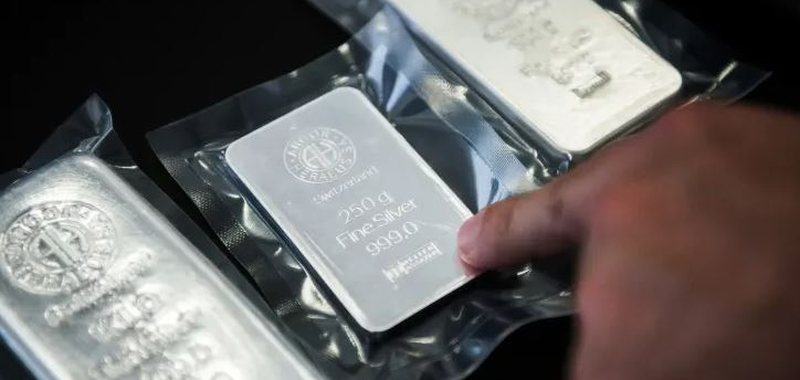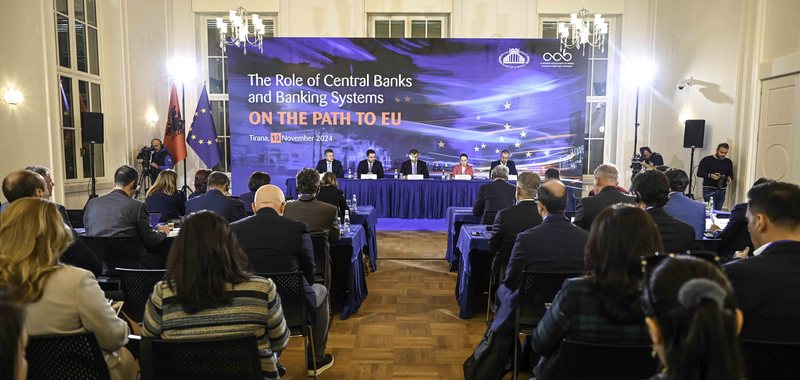Why are European defense stocks skyrocketing after Trump's victory?!

European defense stocks are rising in the wake of Donald Trump's victory in the 2024 US election and near-total control of Congress by the Republican party. Investors appear to have read between the lines of Trump's past rhetoric: more NATO burden-sharing, less US military aid and a potential for European defense firms to capitalize on boosted security budgets in Europe.
Shares in Italian defense contractor Leonardo SpA have risen 17% since Trump's election, with German arms maker Rheinmetall AG climbing an impressive 22% and Hensoldt AG, a German defense sensor specialist, picking up 18%.
For these companies, a possible increase in European defense funding represents an opportunity. In sharp contrast, European carmakers have seen their share prices fall as Trump's protectionist stance on trade has resurfaced, raising fears of new tariffs.
During his previous term, Trump made no secret of his belief that the US bore an unfair burden for NATO's defense costs and even flirted with withdrawing the US from the alliance. Some believe that this was not just an election fraud. Analysts now expect that Europe will have to dig deeper into its coffers.
On Monday, German Foreign Minister Annalena Baerbock declared: "We need to think hard about investments in European security and make them big," advocating a shift away from NATO's 2% defense target of GDP towards a more substantial commitment.
In September, German Defense Minister Boris Pistorius proposed increasing defense spending to between 3% and 3.5% of Germany's gross domestic product (GDP). The sentiment appears to have support, with a new poll by the Koerber-Stiftung Institute finding that 73% of Germans believe Germany should increase spending on European security.
NATO statistics show that in 2023, only nine European countries, Denmark, Hungary, Slovakia, Finland, Latvia, Lithuania, Estonia, Greece and Poland, met the defense spending target of 2% of GDP. In contrast, the three largest European economies, Germany, France and Italy, fell short of this benchmark, while the US allocated 3.2% of its GDP to defence, surpassed only by Poland.
Analysts see an increase in defense budgets for Europe
Goldman Sachs analysts have weighed in, suggesting that Trump's re-election could translate into new demands for defense spending in Europe. According to the investment bank's analysis, meeting NATO's 2% GDP target and offsetting any possible cuts in US military aid to Ukraine could cost the European Union an extra 0.5% of GDP. its GDP per year.
In fact, the US currently provides around €40 billion a year (about 0.25% of EU GDP) in military support to Ukraine, a commitment that Trump has indicated he would withdraw. Any reduction in US support would likely require European countries to increase their spending to fill the gap, adding yet another fiscal responsibility to European shoulders.
Defense contractors across Europe are already positioning themselves for potential order increases, with giants such as Rheinmetall and Leonardo bracing for increased demand.
Armin Papperger, CEO of Rheinmetall, noted that Trump's stance "will prepare Europeans to be more independent," with increasing pressure from the US for European NATO allies to increase their defense budgets well beyond the set threshold of 2%. European Defense CEOs Aim for Opportunities Amid New Financial Pressures European defense leaders appear ready to rise to the challenge and reap the potential rewards.
Roberto Cingolani, CEO of Leonardo, recently told the Financial Times that Europe must prepare to act independently. "As Europeans, we are fully aware, without Trump having to tell us, that we need to increase contributions [to NATO]," he said. "At the end of the day, it's not in our interest to be a minority partner."
Yet the reality is clear: Europeans are being asked to bear more of the burden of the continent's security , a shift that could alter defense funding priorities and shape European military alliances for the foreseeable future.
As Trump's return to power shakes up transatlantic relations, European nations and defense firms are preparing for a new era in defense spending, one where Europe pays but also stands on its own two feet.

Thermal insulation or gas system, which is more useful for Albanian families?! Possibilities for reducing energy costs
The heating of residential premises constitutes an important component of energy consumption for Albanian families, especially during the cold periods of the......

Why can silver be the "second gold"? - The increase in global demand and the deficit in production will encourage investments
Silver is experiencing increased demand, particularly from the solar industry and electric vehicles, creating a supply deficit that could lead to higher......

What are the 4 favorite cities of Albanians? - Only 2.5% of trips are made for business purposes
Albanians are traveling more and more. Instat has published data showing that last year the number of trips for personal or business purposes inside or......

The United Nations launches the ambitious program on the digital and sustainable transformation of agriculture in Albania!
Albania and the United Nations launched today a joint innovation program that contributes to the digitization of agriculture to advance the objectives of......

How much and for what do Albanians use gas? Analysis of heat sources and comparison with the European region
Firewood and coal are the main source of heating for Albanian families. The latest data available from INSTAT show that almost half of the families use......

EU membership, with challenges for the banking sector - Sejko: BSH, responsible for two essential chapters of European legislation
The Bank of Albania in cooperation with the Albanian Association of Banks have organized the annual conference, with the aim of analyzing the key role of the......

"Albania, a small country with 100% renewable energy" - Rama: Words are not enough, joint actions are needed
From the Summit of World Leaders of Climate Action, Cop 29, in Azerbaijan, Prime Minister Edi Rama emphasized that carbon emissions have increased......

FOX NEWS anchor chosen as US Secretary of Defense - 44-year-old Pete Hegseth is chosen by Trump for the sensitive job
A well-known American journalist has been selected by President-elect Donald Trump to be the US Secretary of Defense. Pete Hegseth, 44, has been a co-host......


















